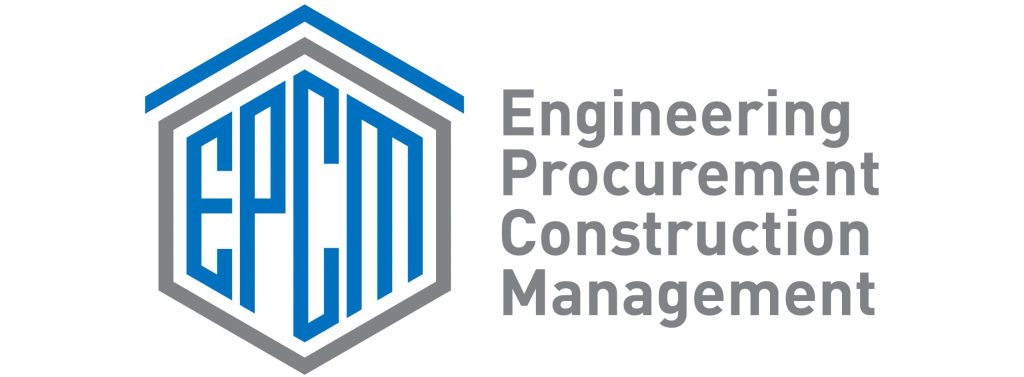EPCM (Engineering, Procurement, and Construction Management) is playing a significant role in creating a sustainable future through various approaches:
1. Integrating Sustainability in Project Design:
- Energy Efficiency: EPCM firms are incorporating energy-efficient designs, renewable energy sources, and smart building technologies to minimize environmental impact and reduce operational costs.
- Waste Reduction: They are implementing strategies for waste minimization, recycling, and reuse of materials throughout the project lifecycle.
- Water Conservation: EPCM projects are prioritizing water-efficient fixtures, rainwater harvesting systems, and wastewater treatment solutions to conserve water resources.
- Sustainable Material Selection: EPCM consultants are specifying sustainable and locally sourced materials with low environmental footprints, such as recycled content, timber from certified forests, and low-VOC paints.
2. Optimizing Procurement Practices:
- Sustainable Sourcing: EPCM firms are prioritizing suppliers and vendors who adhere to environmental and social responsibility standards.
- Life Cycle Assessment: They are considering the environmental impact of materials and equipment throughout their entire lifecycle, from extraction to disposal.
- Waste Reduction in Procurement: EPCM consultants are implementing strategies to minimize packaging waste, optimize transportation routes, and reduce material waste during procurement.
3. Implementing Sustainable Construction Practices:
- Construction Waste Management: EPCM contractors are implementing on-site waste management plans, including sorting, recycling, and responsible disposal of construction debris.
- Pollution Control: They are implementing measures to control air, water, and noise pollution during construction activities.
- Protecting Biodiversity: EPCM projects are taking steps to protect local ecosystems and minimize disturbance to flora and fauna.
4. Embracing Digital Technologies:
- Building Information Modeling (BIM): EPCM firms are utilizing BIM to optimize designs, improve collaboration, and reduce material waste.
- Digital Twins: Digital replicas of physical assets are used to simulate and optimize building performance, leading to energy savings and reduced environmental impact.
- Data Analytics: EPCM consultants are using data analytics to track resource consumption, identify areas for improvement, and measure the effectiveness of sustainability initiatives.
5. Promoting Social Sustainability:
- Community Engagement: EPCM projects are prioritizing engagement with local communities, addressing their concerns, and creating positive social impact.
- Labor Standards: EPCM firms are ensuring fair labor practices, safe working conditions, and equitable treatment of workers.
- Local Capacity Building: They are promoting skills development and knowledge transfer to local communities, contributing to long-term economic and social sustainability.
By integrating these sustainable practices throughout the project lifecycle, EPCM is contributing to a more environmentally responsible, socially equitable, and economically viable future.

